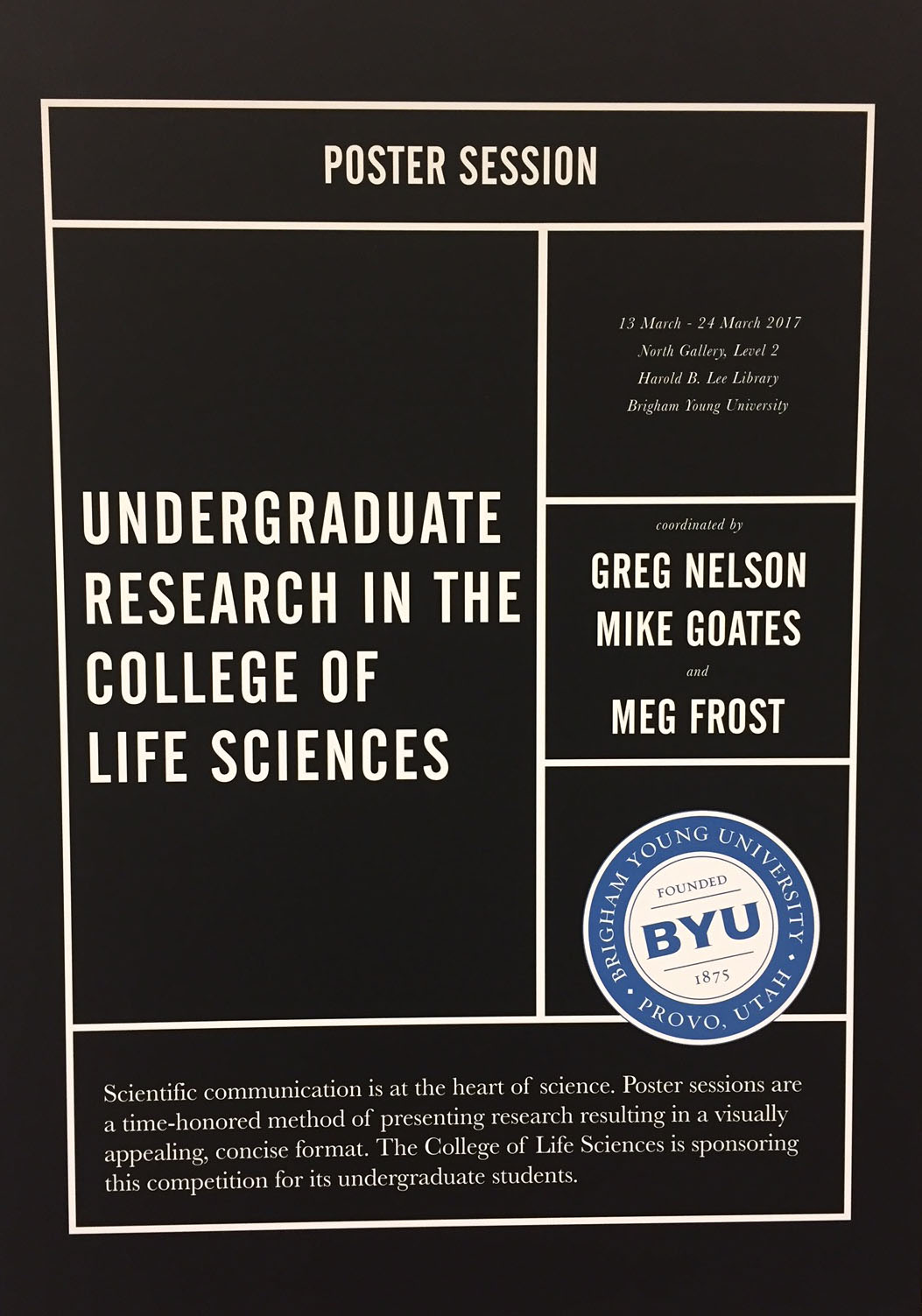Files
Download Full Text (1.1 MB)
Keywords
Breast cancer, cell adhesion, cell cycle
Abstract
Breast cancer is the most common cancer in women and is largely treatable within the early stages of the disease. However, patient mortality drastically declines as the tumor begins to invade other tissues and metastasize, making aggressive phenotypes especially problematic to treat. Such treatment typically requires an aggressive and decisive multidisciplinary approach. The recent expansion of immunotherapy as a viable treatment option has greatly improved treatment outcomes, especially with aggressive breast cancer phenotypes. Thymidine kinase 1 (TK1) is a DNA salvage pathway enzyme that is highly expressed during S phase and involved in cell cycle repair. Past studies indicated that TK1 is secreted into the serum of cancer patients and that its upregulation is an early event in tumorigenesis, thus suggesting that TK1 upregulation may have potential importance in tumor progression.
This study’s objective was to further elucidate TK1’s role in tumor progression and metastasis of breast cancer specifically. We hypothesized that TK1 overexpression in breast cancer may affect invasion. To investigate this, TK1 mRNA transcript levels were analyzed between normal and BRCA patient tissue samples. The wild-type breast cancer cell line HCC 1806 was used, as well as a TK1 knockdown (L133) which was produced using CRISPR-Cas9. Successful TK1 knockdown was verified through western blot and qPCR. Bioinformatics was also performed to analyze the relationship between our breast cancer cell lines and various cell adhesion factors. The cell lines HCC 1806 and L133 were then tested with an invasive scratch assay. Additional western blots were run to further investigate the potential relationship TK1 may have with other cell cycle checkpoint proteins. Results showed that TK1 mRNA transcript levels are higher in BRCA tissues compared to normal controls. Western blot and qPCR indicated that TK1 was successfully knocked down in L133 cells. Bioinformatic differential gene analysis revealed several correlations with cell adhesion factors, with contrasting correlations when compared between the HCC 1806 and L133 cell lines. The invasive scratch assay results indicated that the TK1 knockdown L133 cells were less invasive than HCC 1806 cells.
In conclusion, results verified that TK1 is highly expressed in breast cancer and that it may help tumor invasion by influencing cell adhesion factors. Further investigation to understand TK1’s potential interactions with important cell adhesion factors, such as FHL1 or GAS6, may help elucidate other therapeutic targets for preventing disease progression.
BYU ScholarsArchive Citation
Bitter, Eliza E.; Morris, Rachel M.; Mortimer, Toni O.; Barlow, Kai; Schekall, Abigail; Townsend, Michelle H.; Skidmore, Jonathan; Pickett, Brett E.; and O'Neill, Kim L., "Potential Regulation of Breast Cancer Invasion by Thymidine Kinase 1" (2022). Library/Life Sciences Undergraduate Poster Competition 2022. 16.
https://scholarsarchive.byu.edu/library_studentposters_2022/16
Document Type
Poster
Publication Date
2022-3
Language
English
College
Life Sciences
Department
Microbiology and Molecular Biology
Copyright Use Information
https://lib.byu.edu/about/copyright/


